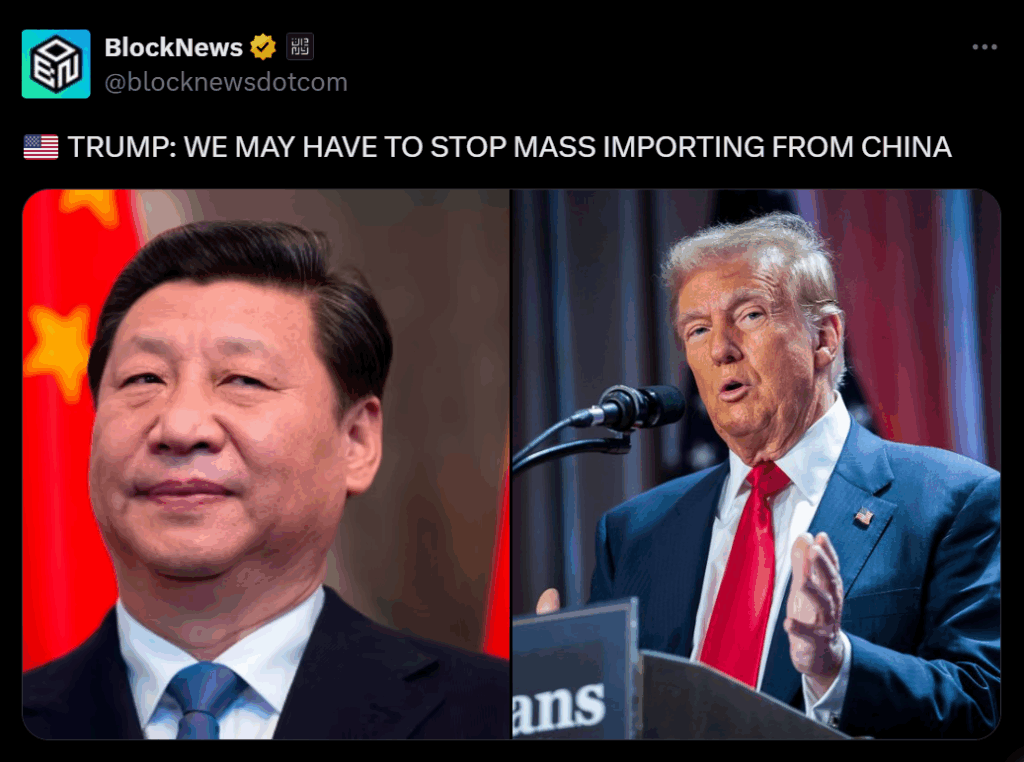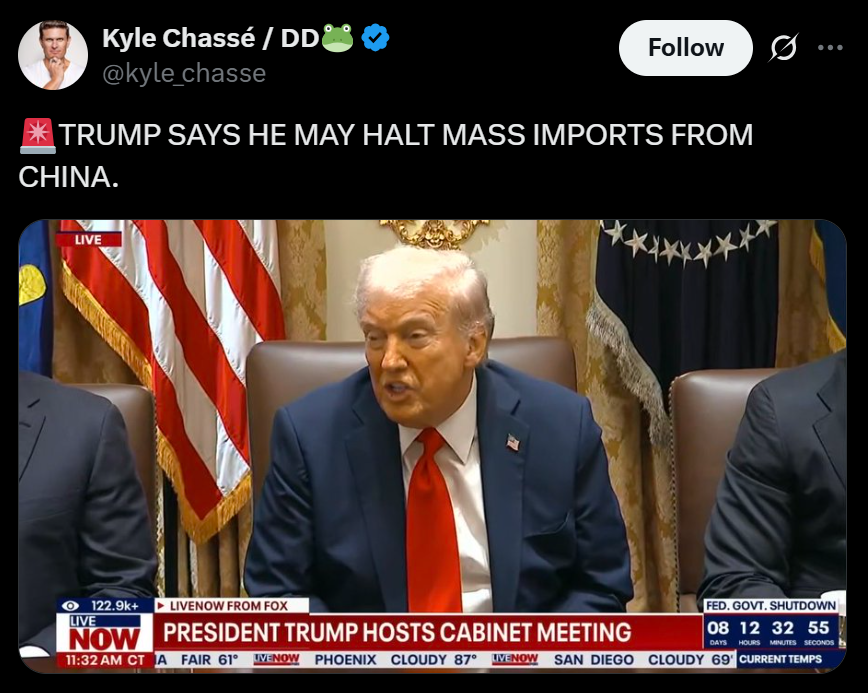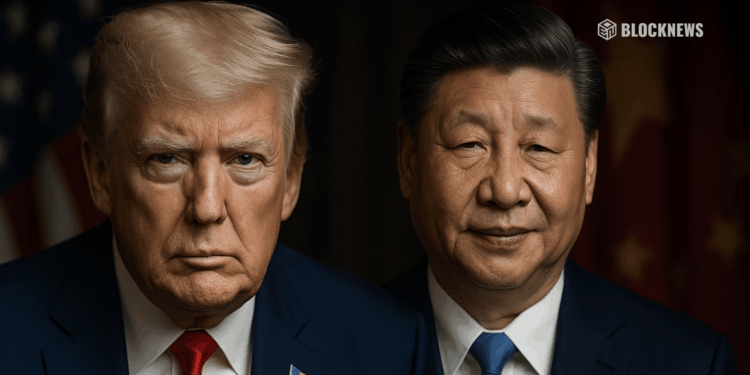- China expanded export curbs on rare earth elements and technologies used in their production.
- The move comes ahead of Trump-Xi trade talks, signaling higher geopolitical stakes.
- U.S. companies and defense manufacturers face renewed pressure to develop local supply chains.
China has announced sweeping new export controls on rare earth elements and related technologies, deepening its grip on one of the world’s most critical resource chains. The Ministry of Commerce said Thursday that foreign firms must now obtain special approval to export any items containing even small traces of rare earths sourced from China.
The new rules also extend to technologies used in rare earth mining, smelting, and magnet manufacturing, effectively tightening China’s leverage over supply chains that power everything from fighter jets and EVs to smartphones. With China producing nearly 70% of global rare earths and controlling 90% of processing capacity, the move signals a significant escalation in the economic standoff with the United States.

Strategic Timing Before Trump-Xi Meeting
The announcement comes just weeks before a scheduled meeting between President Donald Trump and Chinese President Xi Jinping at the Asia-Pacific Economic Cooperation (APEC) summit in South Korea. Trade observers see the decision as a preemptive negotiating tactic, giving Beijing additional leverage in talks expected to touch on tariffs, semiconductor exports, and supply chain independence.
Trump, responding during a cabinet briefing, said he had yet to be briefed on the matter but hinted that the U.S. could retaliate by cutting imports from China altogether. “We import massive amounts from China. Maybe we’ll have to stop doing that,” he said. Analysts called the comment a sign that Washington views the latest restrictions as part of a broader strategic chess match.
Analysts Warn of Supply Chain Risks
Experts describe the policy shift as a mirror response to Washington’s own semiconductor export bans. “Most rare earth magnet manufacturers in the U.S., Japan, and elsewhere remain heavily dependent on Chinese supply,” said Neha Mukherjee, analyst at Benchmark Mineral Intelligence. She warned that military and high-tech manufacturers would face immediate challenges securing materials, as export licenses for defense-linked uses are expected to be denied.
George Chen, partner at The Asia Group, said rare earths will remain a key point of contention. “Both sides want stability, but expect a lot of noise before a deal is made,” he added. Meanwhile, Nazak Nikakhtar, former Commerce Department official, called the move a “significant escalation” and urged the U.S. to increase funding to rebuild its domestic rare earths base.

U.S. Response: Build Local, Buy Domestic
China’s decision is already accelerating U.S. efforts to rebuild independent mine-to-magnet supply chains. The Department of Defense recently invested $400 million in MP Materials, ensuring domestic production of rare earth magnets. Similarly, Noveon and Lynas Rare Earths have struck supply deals outside China, while AML Magnetics said innovation will be the “next battleground” for resource independence.
Despite the tension, experts say the move may spark innovation in cleaner extraction and recycling methods. “This is a wake-up call for Western governments,” said Mukherjee. “If they want true supply chain security, they need to invest—not react.”














